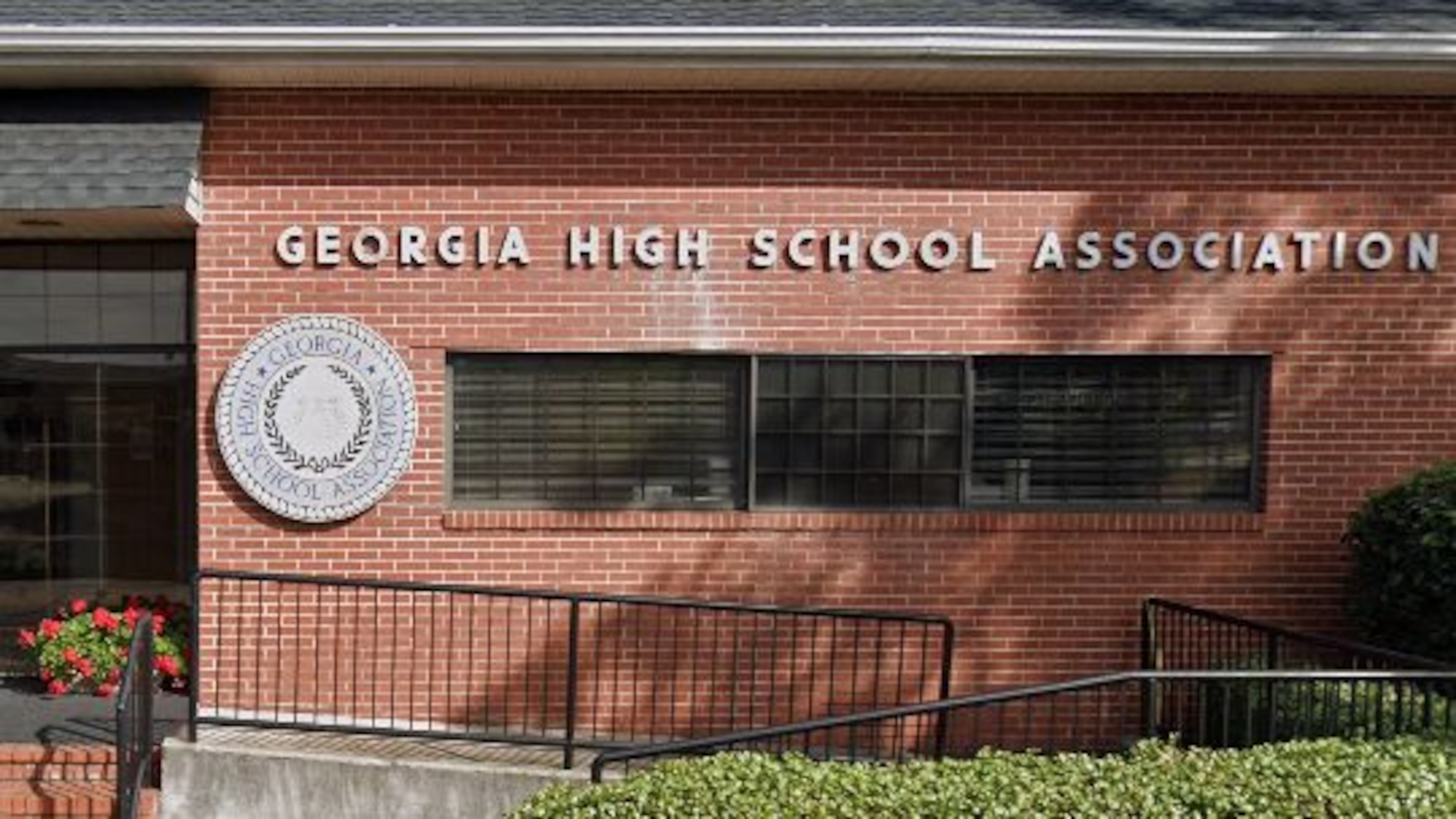GHSA warns Georgia high school athletes could risk eligibility by signing NIL deals

The Georgia High School Association warned schools this week that athletes signing up for a certain name, image and likeness (NIL) company are risking their eligibility if boosters pay them for their online news and content.
It’s likely that hundreds of Georgia athletes have registered with NIL Club, which has more than 200,000 college athletes on its platform and opened itself to high school students earlier this month. GHSA executive director Robin Hines sent a two-page letter to member schools Monday, warning of the dangers.
“We just don’t want athletes to get into trouble by doing something outside of our policy,” Hines told The Atlanta Journal-Constitution. “This will put children’s eligibility at risk if they follow though.’’
On the NIL Club, Hines added, “This has no place in the high school space, none whatsoever. It’s a company trying to make a buck.’’
According to its website, NIL Club is ‘’a unique, student-run fan community designed to financially benefit its member students by delivering paywalled digital content to their biggest fans. By subscribing to the club for a monthly fee, fans get exclusive access to content during their membership, while also supporting the participating students as creators.” The students would profit from those fan subscription fees.
NIL Club co-founder Mick Assaf is former Pace Academy and Notre Dame football player. He told a Florida newspaper that college athletes had earned more than $10 million through NIL Club’s platform since 2021. NIL Club gets 15% of the subscription money.
Hines’ letter demonstrates how Georgia’s NIL policy differs from college NIL deals. Georgia high school athletes can profit from endorsements and advertising but not ventures that allow boosters to funnel them money. In college sports, schools may set up collectives that actively solicit booster money to pay athletes.
Hines cited GHSA bylaw 1.73, which defines a booster as ‘’members of the school’s Booster Club; students; alumni; parents; guardians; or relatives of a student or former student; financial donors; donors of time and effort; personal trainers or coaches renting facilities.” He also cited bylaws 1.70 and 1.90 that define illegal recruiting and amateur status.
The GHSA in October became the 30th state association to legalize NIL deals. Hines stressed at the time that Georgia’s NIL deals did not allow the booster-supported collectives that pay college athletes. His letter this week also reiterated that students may not use the GHSA’s or their schools’ apparel, mascots, logos or intellectual property in any content creation or advertising.
Hines said he was aware of 87 GHSA students profiting from NIL this past academic year. He said the number was 44 by the end, as many elite football players graduated early and joined their college teams.
Carrollton quarterback Julian Lewis, a five-star recruit committed to Southern Cal, is the most widely known NIL beneficiary in Georgia, if not nationwide. Lewis has signed with Leaf Trading Cards, Alo Yoga, Jaxxon and Cactus Jack. Last month, Lewis reportedly bought himself and his father a car. Elijah Griffin of Savannah Christian and Zayden Walker of Schley County also rank in the top 20 nationally of On3′s NIL valuation for high school football players.
But most NIL deals have been relatively modest. Hines believed the first NIL deal came in November, when the owner of Barnesville restaurant, Mama’s Kitchen, signed up Lamar County quarterback to a deal that includes a free meal.
“That’s typically what we’re dealing with,” said Hines, who was catching a plane Wednesday to attend the National Federation of State High School Associations (NFHS) summer meeting in Boston. “I’m speaking Monday on NIL, and I was planning to say we haven’t had any trouble at all with it, and then all of a sudden we’re trying to reel this in. It will certainly be a topic of conversation, not just Georgia but all over the country.’’


More Stories
Keep Reading



